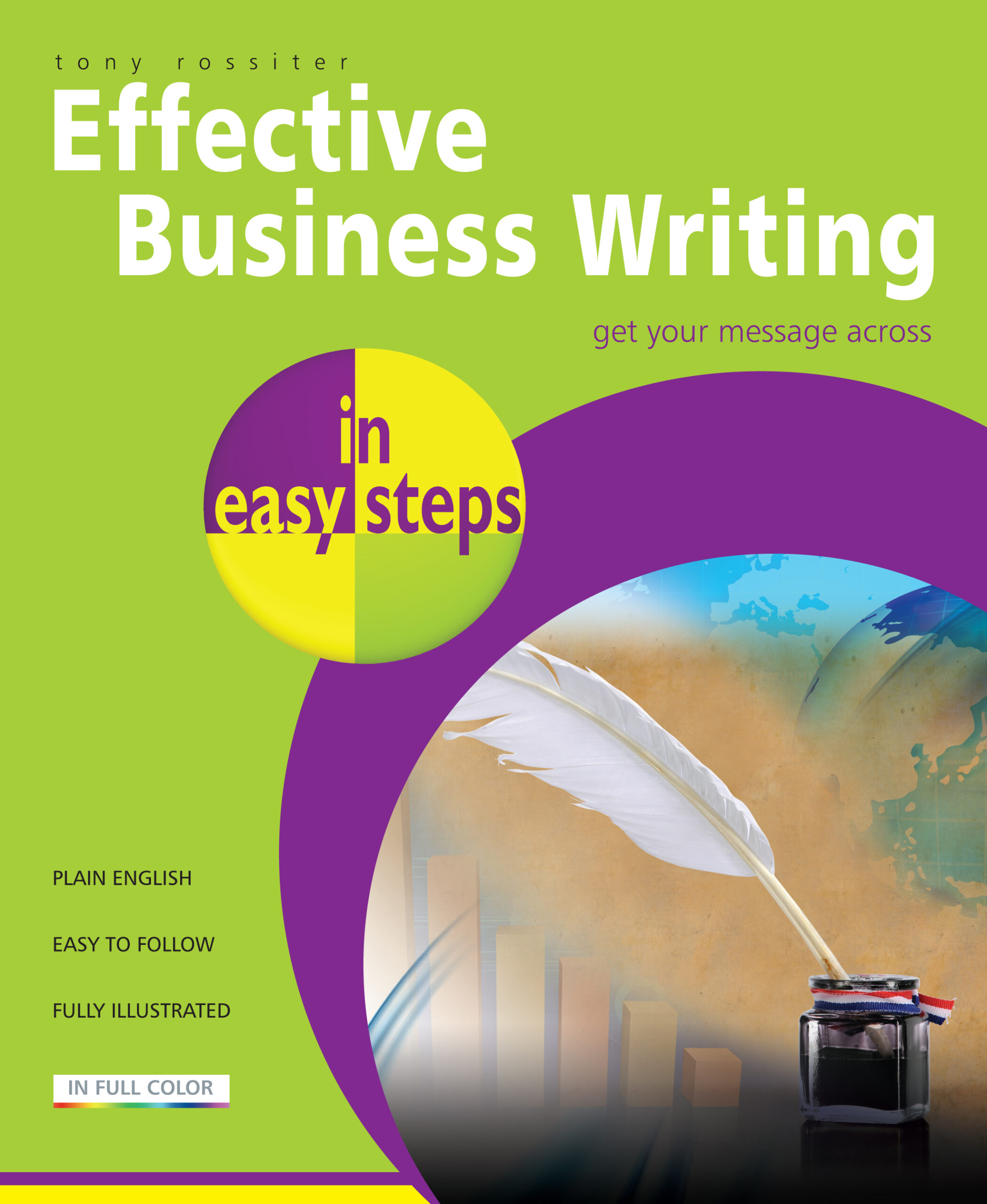Access all In Easy Steps books for just £5 a month
Menu
Access all In Easy Steps books for just £5 a month
Home Troublesome words in business writing
February 6, 2022
Are you aware of these troublesome words – words that can cause confusion or misunderstanding if they are used incorrectly?
 Get more tips to help you with business writing in Effective Business Writing in easy steps
Get more tips to help you with business writing in Effective Business Writing in easy steps
£10.99
180 pages
By Tony Rossiter
ISBN: 9781840785715
Our newsletters inform you of new and forthcoming titles, handy tips, and other updates and special offers. You can opt out anytime.
"*" indicates required fields
By In Easy Steps Team
Share
In Easy Steps Ltd 16 Hamilton Terrace Holly Walk, Leamington Spa, Warwickshire, CV32 4LY, UK.
Join as a member and get access to all of our books in digital format for just one small monthly fee.
Copyright © 2024 In Easy Steps Ltd. All Rights Reserved.
Would you mind giving us your feedback or reason of cancelling the subscription?
"*" indicates required fields